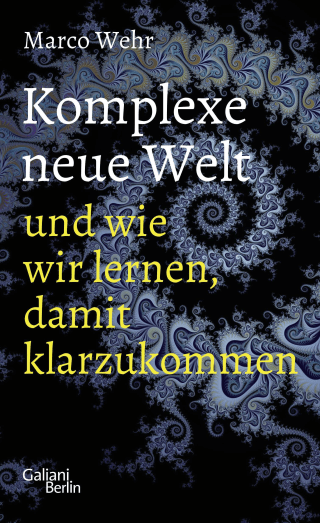Why has everything become so complicated? Or have you ever managed to cancel something as mundane as your phone contract without running into any problems? Marco Wehr shows us where complexity is unavoidable and where humanity is maneuvering itself into chaos.
What is it about complexity traps, about the impenetrable chaos of information that besieges us, overwhelming our brains and even high-performance computers? An astonishing number of them exist. Just take the inscrutable global economic system or the European Union’s convoluted verbiage, which often even the experts can’t understand.
When such manmade complexity then intersects with natural complexity – when, for example, a mutated virus appears in a strained, fragile society – the result can be the emergence of complexity monsters like the coronavirus pandemic. In these cases, the world becomes more than we can handle and we are forced to confront the urgent question of what we can do to avoid such situations.
Marco Wehr picks apart the tangles of complexity and shows us which threads we need to pull on to find our way back to a more contented and self-determined life.

